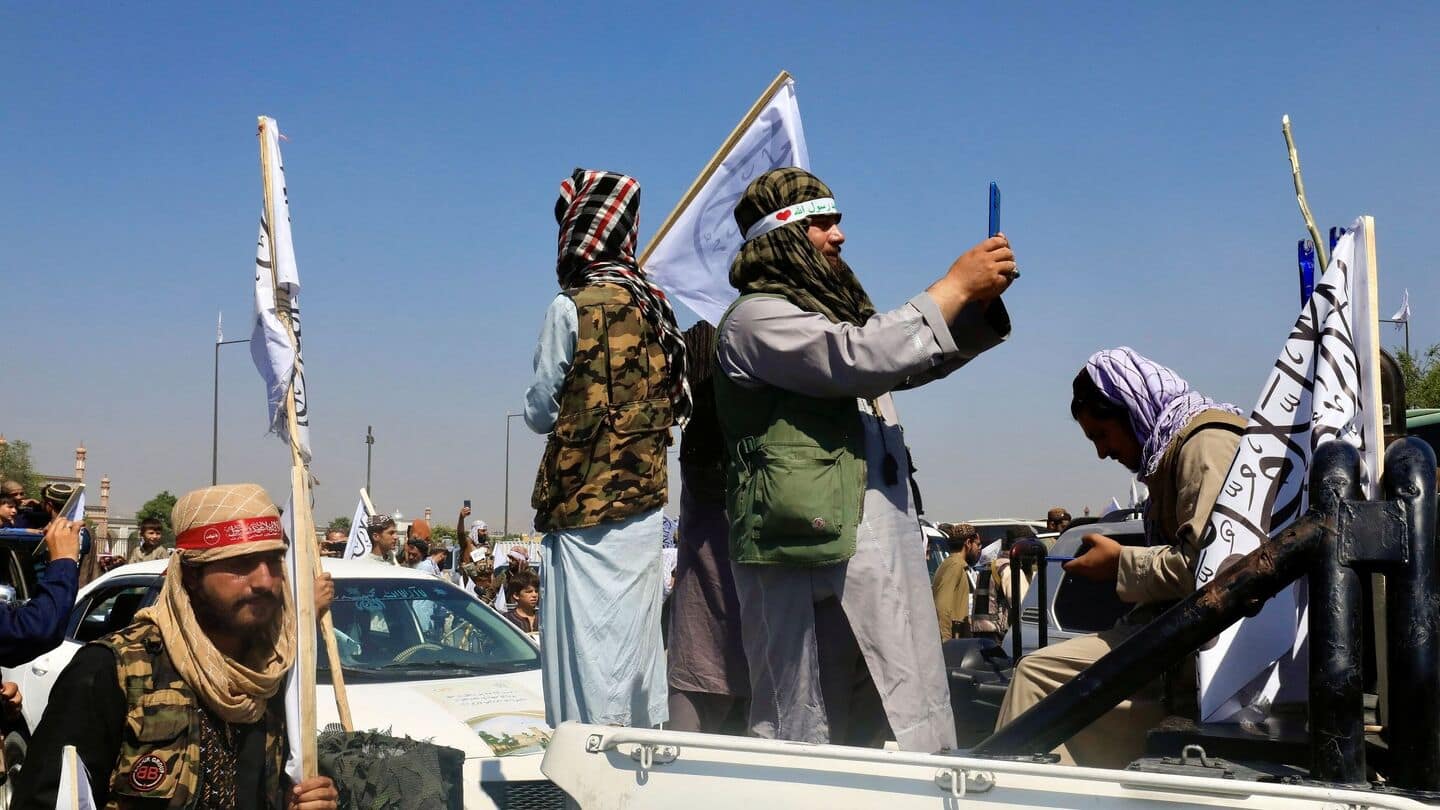
Taliban arrests men for missing prayers, wrong beard length
What's the story
The Taliban's morality police have arrested men and their barbers over haircuts and others for failing to attend prayers at mosques in Ramadan. The United Nations reported these arrests six months after the laws governing people's behavior came into force in Afghanistan. The Vice and Virtue Ministry issued these last August, governing all aspects of daily life in Afghanistan including public transport, music, shaving, celebrations, etc.
Detention details
UN report highlights arbitrary detentions
According to the UN mission in Afghanistan, more than half of the detentions made under these laws concerned men's non-compliant beard length or hairstyle or barbers providing non-compliant beard trimming or haircuts. The report added that morality police routinely detained people arbitrarily "without due process and legal protections." During Ramadan, men's attendance at mandated congregational prayers was closely monitored, resulting in arbitrary detention of those who didn't show up.
Economic consequences
Socio-economic impact of Taliban's morality laws
The UN mission also noted that both sexes suffered due to such laws, especially individuals with small businesses like private education centers, barbers and hairdressers, tailors, wedding caterers, and restaurants. This has caused a decrease or complete loss of income and job opportunities. The direct and indirect socioeconomic repercussions of the laws' adoption were expected to exacerbate Afghanistan's precarious economic condition, it stated.
Taliban's stance
Taliban leader emphasizes importance of morality laws
The Taliban has rejected UN concerns about the morality laws, with its leader Hibatullah Akhundzada reiterating their importance recently. In a message issued before the Eid al-Fitr festival marking the end of Ramadan, he said it was necessary "to establish a society free from corruption and trials, and to prevent future generations from becoming victims of misguided beliefs, harmful practices and bad morals." Over 3,300 male inspectors are tasked with informing people about the laws and enforcing them.